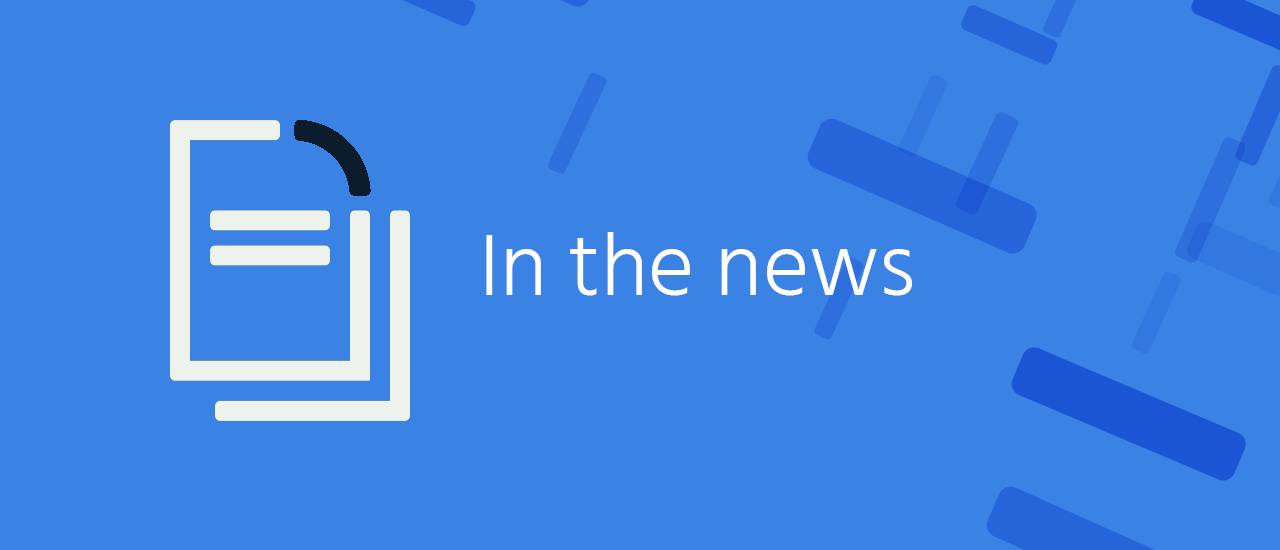No more tweets: After Twitter removed a tweet by Nigerian President Muhammadu Buhari, the federal government there banned the platform, at least temporarily, because of “the persistent use of the platform for activities that are capable of undermining Nigeria’s corporate existence,” DW.com reports. Some Nigerians are tweeting anyway, but they risk arrest for doing so, the BBC says. Meanwhile, a group of residents has filed a lawsuit against the ban, saying it is an attempt to silence critics of the government, Al Jazeera reports.
Reconfiguration blues: A single person’s configuration change at cloud provider Fastly caused a huge swath of the Internet to be unavailable for a short time last week, SFGate reports. Among the sites affected were the New York Times, Amazon, Reddit, and YouTube. The configuration change resulted in an “undiscovered software bug” on the Fastly platform, and brought several websites down for a short time. Fastly operates a major content delivery network.
The ultimate honeypot: For years, the U.S. FBI and the Australian Police Force have been running ANON, a company selling “encrypted” devices, as a way to monitor criminal activity. ANON was used by more than 300 criminal organizations in the U.S., Canada, Australia, and Europe, and they communicated about illegal drugs and other illegal activity, USA Today reports. Then, a few days ago, the FBI and other law enforcement agencies announce the arrests of about 800 ANON users.
No wires: About a third of households in Argentina do not have fixed Internet connections, according to a report from the Argentine Internet Chamber. The lack of home Internet service means there is a disparity of Internet access across the country, the Buenos Aires Times says. Universal service across Argentina could take another 12 years at the current rate of growth, the Argentine Internet Chamber says.
Blaming the ISP: A group of record labels has sued U.S. Internet service provider (ISP) Frontier Communications, saying it is not doing enough to stop unauthorized music downloads, Ars Technica reports. A recent $1 billion judgment against Cox Communications, another U.S. ISP, is raising concerns that other providers will crack down on music downloads and cancel service for innocent customers as well as those downloading music without permission.
Half the world lacks Internet access. Community networks offer a solution. Learn what it takes to build and sustain your own!
